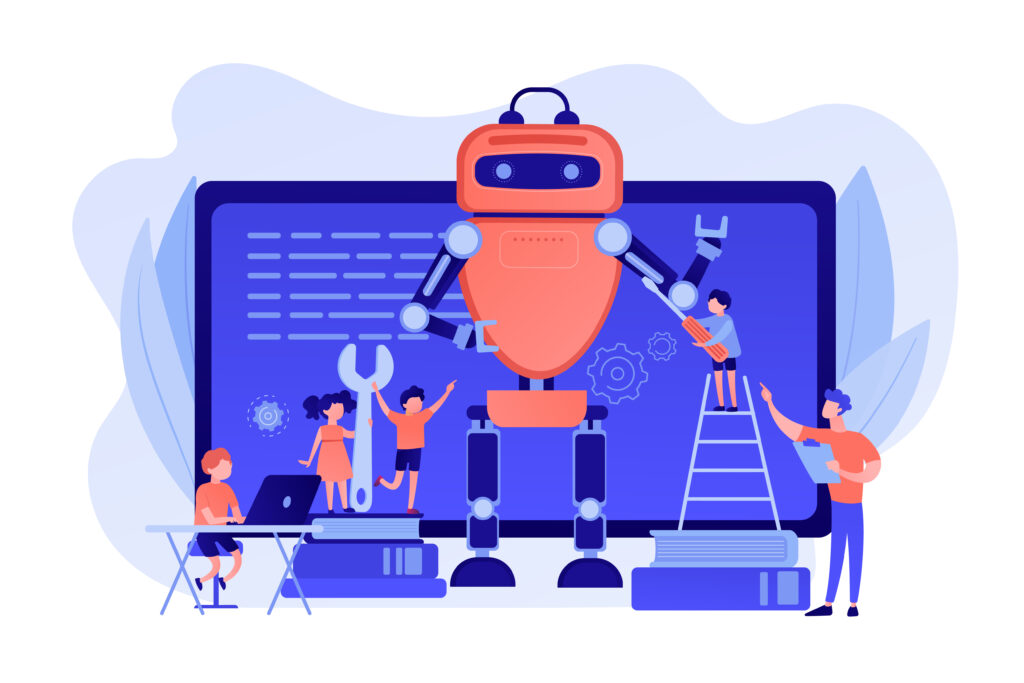Wider AI applications take centre stage at Japan’s CEATEC electronics show
With over 800 organisations at the show, many are promoting AI that doesn’t replace humans but augments them, whether in sport, kitchen, or conversation.

At this year’s CEATEC exhibition in Japan, more companies and research institutions are promoting AI applications that stretch well beyond traditional factory or industrial automation.
Innovations on display suggest an increasing emphasis on ‘AI as companion’ systems, tools that help, advise, or augment human abilities in everyday settings.
Fujitsu’s showcase is a strong example. The company is using AI skeleton recognition and agent-based analysis to help people improve movement, whether for sports performance (such as refining a golf swing) or for healthcare settings. These systems give live feedback, coaching form, and offer suggestions, all in real time.
Other exhibits combine sensor tech, vision, and AI in consumer-friendly ways. For example, smart fridge compartments that monitor produce, earbuds or glasses that recognise real-world context (a flyer in a shop, say) and suggest recipes, or wearable systems that adapt to your motion.
These are not lab demos, they’re meant for direct, everyday interaction. Rising numbers of startups and university groups at CEATEC underscore Japan’s push toward embedding AI deeply in daily life.
The ‘AI for All’ theme and ‘Partner Parks’ at the show reflect a movement toward socially oriented technologies, with suggestions, health, ease, and personalisation. Japan seems to be leaning into AI not just for productivity gains but for lifestyle and well-being enhancements.
Would you like to learn more about AI, tech and digital diplomacy? If so, ask our Diplo chatbot!
